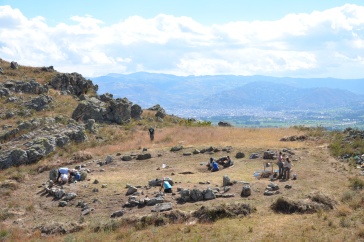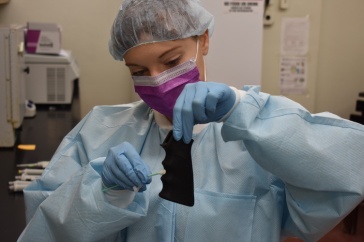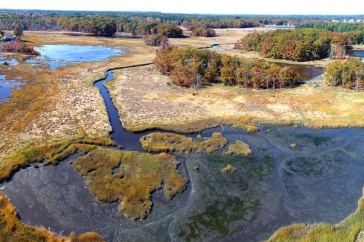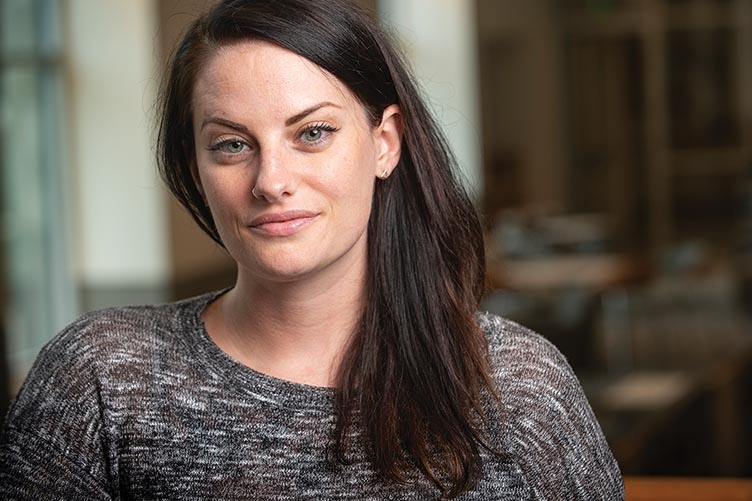
A UNH biological anthropologist has helped crack a case that turned out to be decades colder than anyone suspected.
UNH anthropology lecturer Amy Michael, working with colleagues at Idaho State University, the Clark County Sheriff’s Office and the DNA Doe Project, recently identified a man found in an Idaho cave in 1979 as outlaw Joseph Henry Loveless, born in 1870 and likely murdered more than a century ago. It’s the oldest identity ever recorded using genetic genealogy in a forensic case.
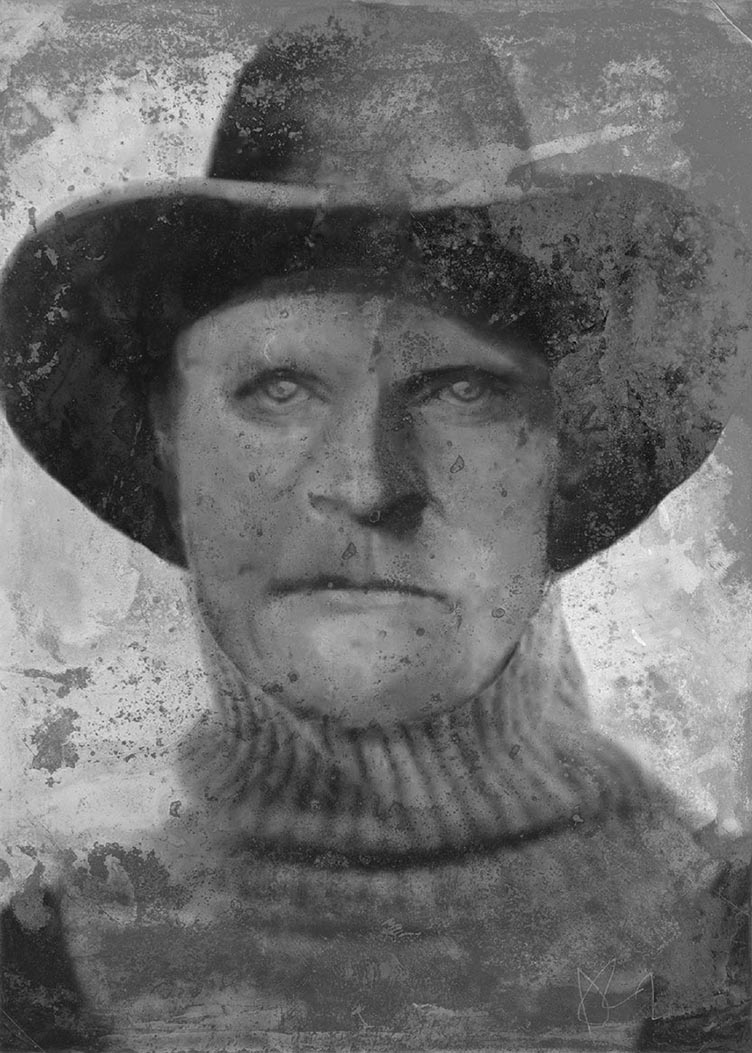
Michael first brought her expertise in human tooth and bone microstructure to the case several years ago, while she was teaching at Idaho State.
The team used the relatively new technique of genetic genealogy — which combines forensic science with the growing trove of genetic data generated by those tracing their family heritage via DNA tests — to identify Loveless. Descended from polygamists and obscured by nearly a dozen aliases, Loveless lived a colorful life of crime that further confounded the sleuths.
“This is the strangest story I’ve come across in 10-plus years of forensic casework,” says Michael, who teaches popular courses on cold cases and forensic anthropology. “This man’s identity and story would not have been recovered without genetic genealogy techniques.”
-
Written By:
Beth Potier | UNH Marketing | beth.potier@unh.edu | 2-1566















































